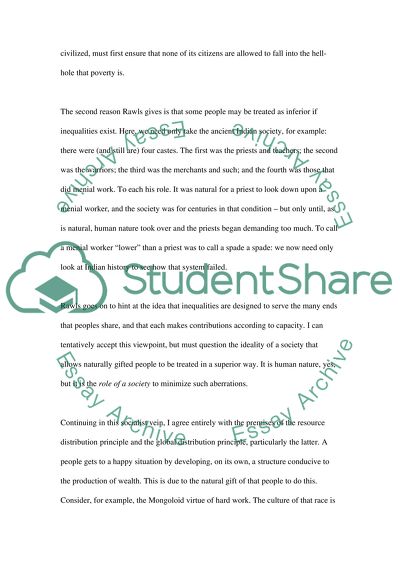Cite this document
(John Rawls' The Laws of Peoples Book Report/Review, n.d.)
John Rawls' The Laws of Peoples Book Report/Review. https://studentshare.org/literature/1524467-john-rawls-the-laws-of-peoples
John Rawls' The Laws of Peoples Book Report/Review. https://studentshare.org/literature/1524467-john-rawls-the-laws-of-peoples
(John Rawls' The Laws of Peoples Book Report/Review)
John Rawls' The Laws of Peoples Book Report/Review. https://studentshare.org/literature/1524467-john-rawls-the-laws-of-peoples.
John Rawls' The Laws of Peoples Book Report/Review. https://studentshare.org/literature/1524467-john-rawls-the-laws-of-peoples.
“John Rawls' The Laws of Peoples Book Report/Review”. https://studentshare.org/literature/1524467-john-rawls-the-laws-of-peoples.


